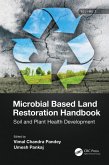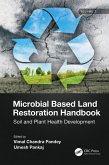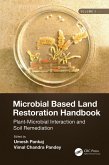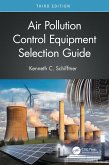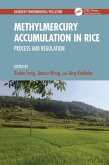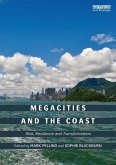Features
. Presents cutting-edge microbial biotechnology as a tool for restoring degraded lands
. Explores the aspects of sustainable development of degraded lands using microbe-inspired land remediation
. Highlights sustainable food production intensification in nutrient-poor lands through the innovative use of microbial inoculants
. Explains the remediation of polluted land for regaining biodiversity and achieving United Nations Sustainable Development Goals
. Includes many real-life applications from South Asia offering solutions to today's agricultural problems
This book will be of interest to professionals, researchers, and students in environmental, soil, and agricultural sciences, as well as stakeholders, policy makers, and practitioners with an interest in this field.
Dieser Download kann aus rechtlichen Gründen nur mit Rechnungsadresse in A, B, BG, CY, CZ, D, DK, EW, E, FIN, F, GR, HR, H, IRL, I, LT, L, LR, M, NL, PL, P, R, S, SLO, SK ausgeliefert werden.



